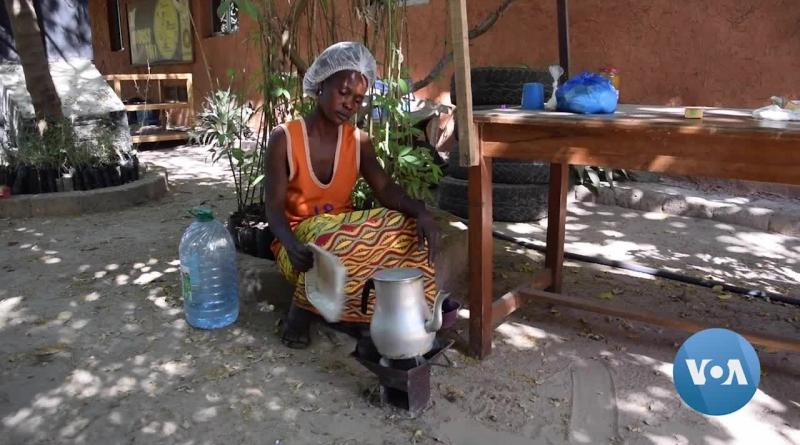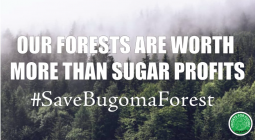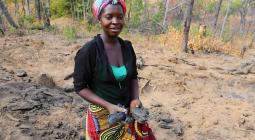Saving Senegal's Forests: Group Turns Straw Into Fuel.

DAKAR - Wood and charcoal burning account for 50% of Senegal’s household energy consumption, contributing to air pollution and deforestation. To reduce ecological damage, an association called Nebeday, which means "tree" in Wolof, the predominant local language in Senegal, hires villagers to produce an innovative energy alternative.
Half of Senegal’s households rely on wood or wood charcoal. To combat air pollution and deforestation, a cooperative of women produce biochar, an energy source made from straw.
They burn it and mix the charred straw with clay and water. The end result is a carbon-neutral organic charcoal that does not involve chopping down trees. The mixture is pressed and stored, resulting in about 150 pallets of biochar per day.
The initiative is diversifying the economy of a rural region where many eke out a living from livestock and fishing.
Mariama Camara is head of the local women’s cooperative. She used to chop trees in the forest, but now biochar production provides her a sustainable job.
She says that first of all, this biochar protects the forest, it protects their homes, it protects their supplies, it protects women, it protects the forest that no longer burns, it protects their lives. "It is healthy, and thanks God for this," she said.
Biochar production has been launched in 18 villages in the region by the Nebeday ecological association, a name that means “tree” in the Wolof language. To fight deforestation, the group also plants trees in big cities and small villages alike.
Since the beginning of the year, they have planted more than a million trees throughout the country.
Nebeday director Jean Geopp says that putting straw to good use has an added advantage.
"Straw, which is the raw material of our biochar, in fact creates thousands of bushfires across the country in the dry season. So reducing this straw reduces bush fires and, therefore, saves young trees in the forests," he said. "By consuming one kilogram of straw charcoal, we save the forest twice."
The benefits can be seen in Senegal’s Djilor Forest, patrolled by ranger Biram Gning, who was born nearby.
Gning cannot arrest those he catches cutting down trees, rather, he reports infractions to a local village chief.
Gning says rising delta waters have salted the land, posing an additional environmental challenge.
"Deforestation is caused by, one, the harmful cutting down of trees, illegal cutting by the population," he said. "Two, there are bush fires, which can ravage miles of forest. Three, the advance of salt from the sea to the forests."
The African Union’s Great Green Wall initiative is focusing on the Sahel among other regions to prevent desertification. The biochar project and efforts to combat deforestation are a vital piece of the puzzle.
*watch the video here
6 December 2020
VOA





